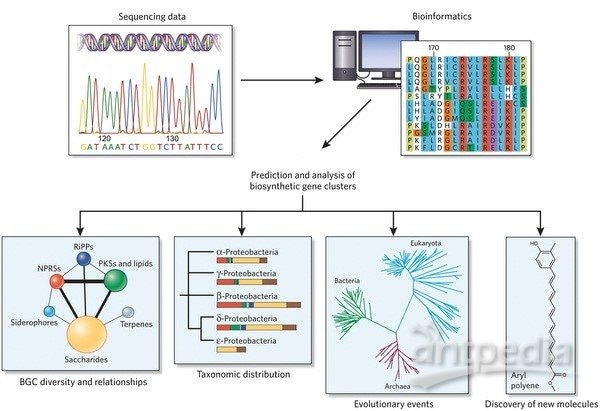Regulation of Splicing through Sam68

While transcriptional regulation is often viewed as the most prevalent way extracellular signals to regulate gene expression, post-transcriptional regulation of splicing, RNA stability, and translation are also regulated by extracellular signals. Sam68, a member of a family of RNA-binding proteins called STAR proteins, mediates alternative splicing in response to extracellular signals, such as altered splicing of CD44 in response to phorbol ester treatment of T cells. RNA binding and activity of SAM68 is regulated by upstream signals through phosphorylation and modulating of its interaction with other proteins, itself and with RNA. Phorbol ester treatment of T cells stimulates the ras/ Map kinase pathway, activating Erk and phosphorylation of Sam68, inducing alternative splicing of CD44 and perhaps other cellular RNA targets. Sam68 is localized in the nucleus to a specific substructure called the Sam68/SLM Nuclear Bodies, colocalizing with splicing factors and helping to link perhaps signal transduction with RNA processing. Sam68 has been suggested to play a role in a variety of pathways, including insulin signaling and HIV gene expression, substituting for the activity of viral Rev protein, and to be regulated by arginine methylation as well as phosphorylation. In addition to the role of Sam68 regulating posttranscriptional gene expression, Sam68 also interacts with transcription factors such as CBP and appears to regulate gene expression.Sam68 also appears to play a role in cell cycle progression through influencing RNA processing. During mitosis SAM68 is tyrosine phosphorylated and associated with Src. The interaction of Sam68 with RNA is repressed by this phosphorylation, whereas interaction of Sam68 with Ras-GAP is stimulated by phosphorylation. Sam68 appears to be downregulated in tumors and transformed cells and its expression is reduced during mitosis, suggesting it inhibits proliferation. The RNA binding domain in Sam68, called a KH domain, is absent in a splice isoform that is expressed in cells that display contact inhibition of cellular growth. Sam68 with the KH domain appears in some settings to stimulate the G1/S transition, while blocking mitosis in some reports.
Contributor: Glenn Croston, PhD
REFERENCES: Barlat I et al. A role for Sam68 in cell cycle progression antagonized by a spliced variant within the KH domain. J Biol Chem. 1997 Feb 7;272(6):3129-32. Chen T et al. Self-association of the single-KH-domain family members Sam68, GRP33, GLD-1, and Qk1: role of the KH domain. Mol Cell Biol. 1997 Oct;17(10):5707-18. Coyle JH et al. Sam68 enhances the cytoplasmic utilization of intron-containing RNA and is functionally regulated by the nuclear kinase Sik/BRK. Mol Cell Biol. 2003 Jan;23(1):92-103. Derry JJ et al. Sik (BRK) phosphorylates Sam68 in the nucleus and negatively regulates its RNA binding ability. Mol Cell Biol. 2000 Aug;20(16):6114-26. Guitard E et al. Sam68 is a Ras-GAP-associated protein in mitosis. Biochem Biophys Res Commun. 1998 Apr 17;245(2):562-6. Hong W et al. Physical and functional interaction between the transcriptional cofactor CBP and the KH domain protein Sam68. Mol Cancer Res. 2002 Nov;1(1):48-55. Itoh M et al. Identification of cellular mRNA targets for RNA-binding protein Sam68. Nucleic Acids Res. 2002 Dec 15;30(24):5452-64. Li J et al. Direct participation of Sam68, the 68-kilodalton Src-associated protein in mitosis, in the CRM1-mediated Rev nuclear export pathway. J Virol. 2002 Aug;76(16):8374-82. Matter N et al. Signal-dependent regulation of splicing via phosphorylation of Sam68. Nature. 2002 Dec 12;420(6916):691-5 Resnick RJ et al. Phosphorylation of the Src substrate Sam68 by Cdc2 during mitosis. Oncogene. 1997 Sep;15(11):1247-53. Sanchez-Margalet V, Najib S. Sam68 is a docking protein linking GAP and PI3K in insulin receptor signaling. Mol Cell Endocrinol. 2001 Oct 25;183(1-2):113-21. Shen Z et al. Evidence for SH3 domain directed binding and phosphorylation of Sam68 by Src. Oncogene. 1999 Aug 19;18(33):4647-53.




















